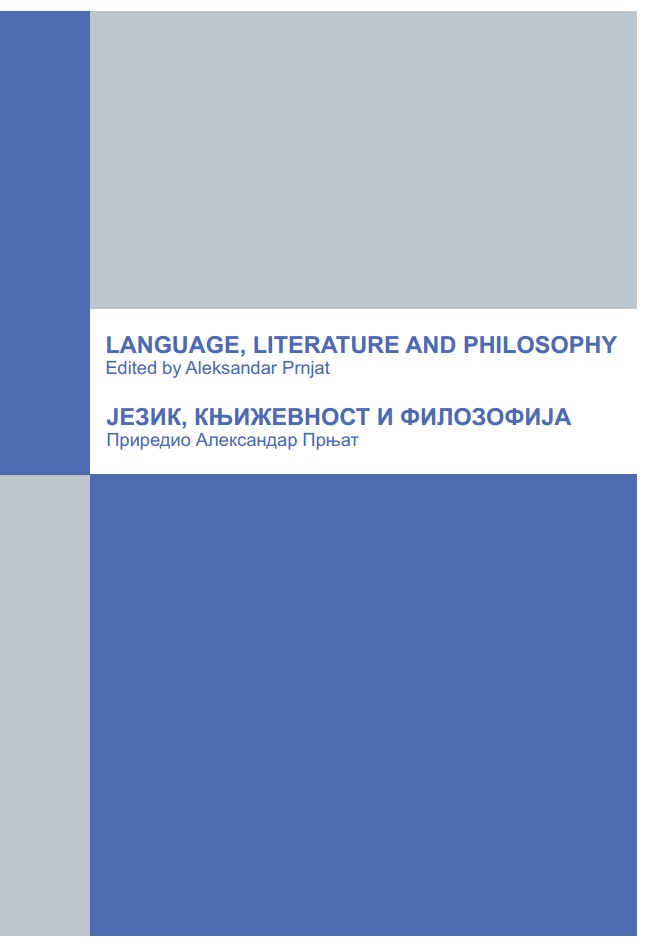Po(etika) nasilja - uticaj filozofskog diskursa na tumačenje savremene ruske proze
The Po(Etics) of Violence - Influence of Philosophical Discourse on the Interpretation of Contemporary Russian Prose
Author(s): Kristina Stevanović
Subject(s): Russian Literature, Structuralism and Post-Structuralism, Culture and social structure , Theory of Literature
Published by: АЛФА БК УНИВЕРЗИТЕТ
Keywords: types of violence; contemporary Russian prose; Zakhar Prilepin; Victor Pelevin; mechanisms of violence
Summary/Abstract: This study deals with the analysis and understanding of the violence phenomenon in contemporary Russian prose in light of the philosophical premise of Hannah Arendt and Slavoj Žižek. Starting from the thesis that violence must be studied as a structure, not as a part of a life process, three current types of violence are noticeable: “symbolical” violence that is embodied in language and forms, objective or systematic violence and subjective violence. Objective violence is continuously produced and thus becomes an integral part of the political and economic world in which we live, losing the characteristics of the construct and imposes itself as natural and necessary. On the other hand, the act of subjective violence is performed by invisible people, people who do not have any vital function in the modern organized world, and use violence in order to fight visibility or functionality that gives meaning to a life in a community of any kind. Our research is based on the Zizek’s assumption that the focus on subjective violence is actually mimicry of essential source of violence, and that subjective violence is the product of hidden but systematic violence. Types of violence and mechanisms of their action are studied on the selected corpus of the contemporary Russian prose (novel Sankya by Zakhar Prilepin and novels “Assassin”, “The Hall of the Singing Caryatids” by Victor Pelevin) which question the boundaries when it comes to onesided and orchestrated understanding and definition of violence in contemporary society. In that sense, our work tries to show the necessity of including philosophical assumptions in the process of understanding, interpretation and evaluation of literary texts.
Book: Language, Literature and Philosophy
- Page Range: 115-126
- Page Count: 12
- Publication Year: 2016
- Language: Serbian
- Content File-PDF

